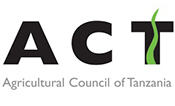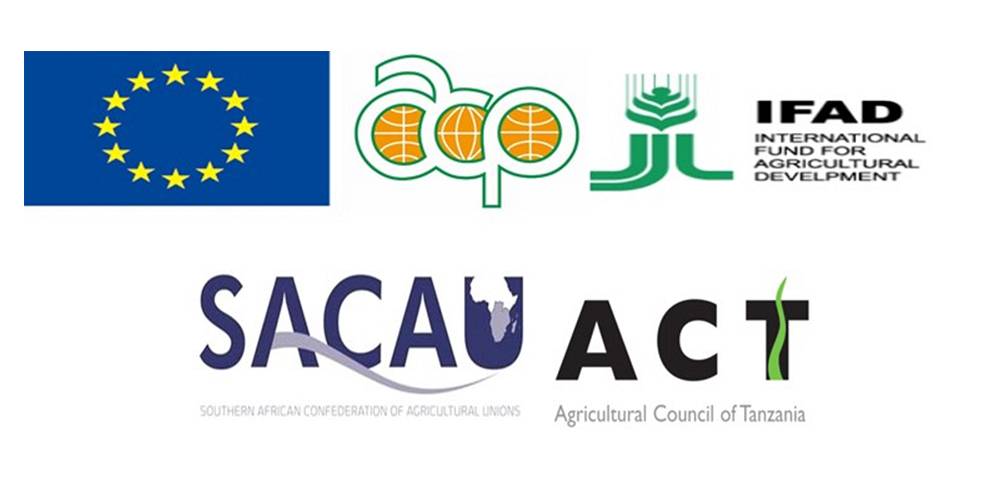ACT is implementing a dubbed project called “Farmers’ Organization for African Caribbean and Pacific Countries (FO4ACP)”; a five-year project (2019-2023) funded by the European Union (EU) through the International Fund for Agricultural Development (IFAD) and the Southern African Confederation of Agricultural Unions (SACAU). The overall objective of the project is to increase the income and livelihood, food and nutrition security, and safety of organized smallholders, and family farmers in the Mvomero District. This is done through the development of a competitive and sustainable rice value chain that responds to the effects of climate change.
The project targeted to reach at least 1,600 smallholder farmers including women and youth by offering climate-smart practices training exclusively using System of Rice Intensification (SRI) technology.
Specific Objectives
- To improve technical and economic services along the value chains of farmer organizations and farmer-led enterprises.
- To influence policies and business environments for the transformation of family farming and the development of sustainable, adaptive economic initiatives and farmer-led enterprises and farmer organizations.
- To strengthen the capacity of farmer organizations to be accountable and effectively perform their institutional functions.
Major Project Achievements
- A total of 2,960 smallholder farmers (1,510 women and 1,664 youth) were trained on SRI technology of which 44% adopted the practice and increased yield from 18-20 to 35-45 bags of 100 kg per acre.
- Farmers were enabled to aggregate and link with potential off-takers and managed to sell more than 3,0000 MT of paddy.
- Linkage of farmers to service providers such as agro-dealers and mechanization service providers
- Farmers were trained in financial literacy and linked to financial service providers and managed to get loans amounting to TZS 17million
- Reduced post-harvest losses (PHL) by 90% through the use of a combine harvester
- Women and youth were empowered to engage in various diversified economic-related activities such as milling and selling rice; vegetable production; fish farming; poultry production; etc. To improve their resilience to economic shocks as a result of climate change.
- Improved food security and increased income for family farmers.

